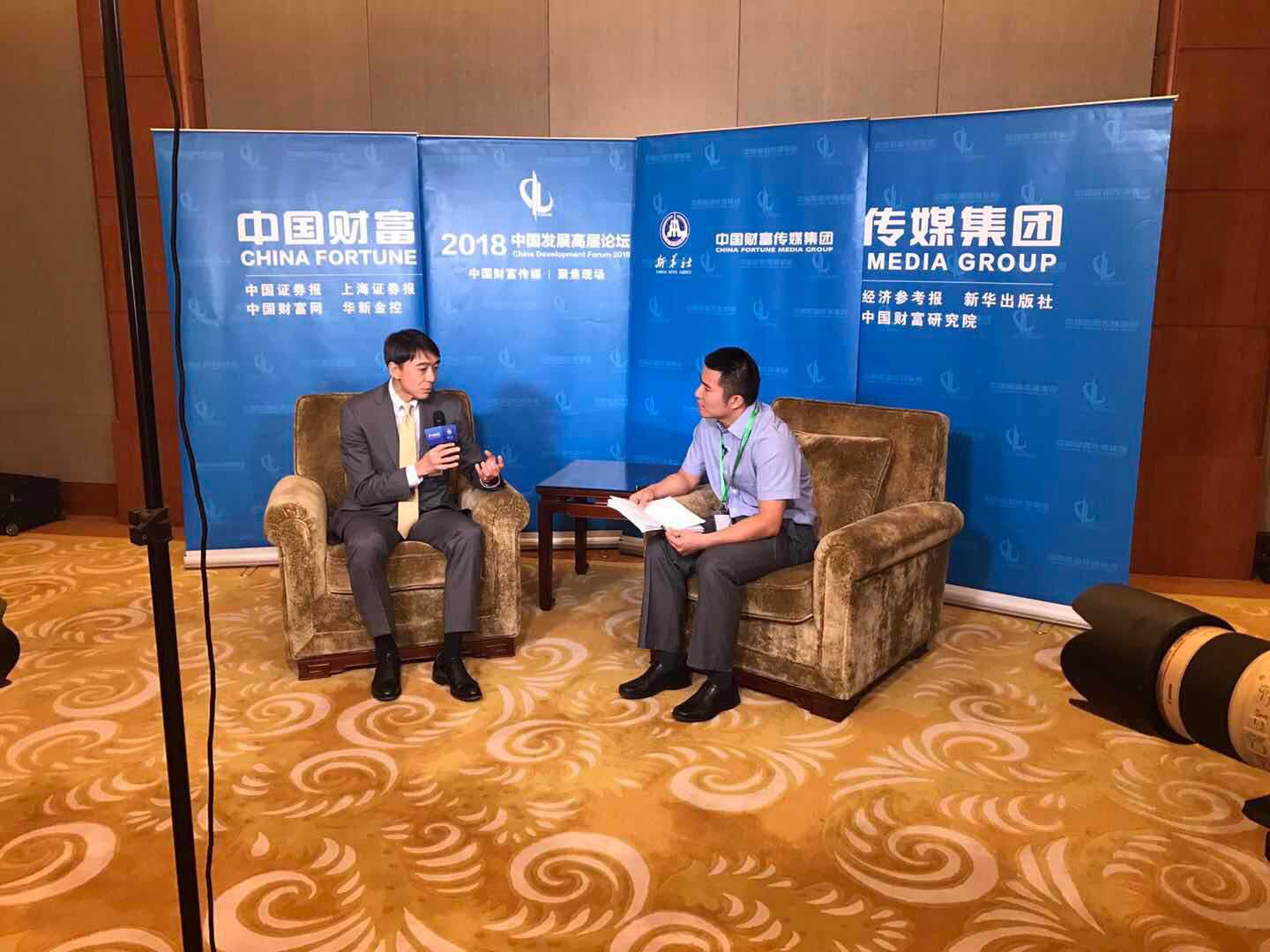
By Xie Fang
Nomura Securities, Japan’s largest securities firm, said its business expansion plan in China would start from the wealth management service as well as the wholesale business.
“Our ultimate goal is to provide our Chinese clients with a full range of services,” said Toshiyasu Iiyama, senior corporate managing director and executive chairman, Asia (ex-Japan) at Nomura Securities Co., Ltd., in an interview with the China Fortune Media on Sunday.

Toshiyasu Iiyama, senior corporate managing director and executive chairman, Asia (ex-Japan) at Nomura Securities Co., Ltd. spoke at an exclusive interview with the China Fortune Media on Sunday. (Xinhua/Wan Jingyuan)
“At present, we are going to start from where we have the most strength,” he said. “That is our wealth management service.”
As for how China can learn from the Japanese wealth management industry, Toshiyasu Iiyama emphasized that it was important to provide clients with more diversified investment portfolios.
“Wealthy individuals tend to prefer safe and stable asset management over high returns,” he said. “In Japan, we provide our clients with a wide range of financial products, many of which are from overseas financial markets.”
Toshiyasu Iiyama expected the Chinese government to further loosen its foreign exchange controls, which impede Chinese investors from making investments overseas. “We would like to see more deregulation on the foreign exchange controls in China,” he said.
On May 8, just ten days after the China Securities Regulatory Commission (SCRC) loosened its restriction on foreign ownership in the country’s securities industry, Nomura Securities became the first foreign securities firm to apply for setting up a joint venture security firm in China.
“We have been trying to obtain a domestic securities license since we opened our Beijing office in 1982,” said Toshiyasu Iiyama
“Therefore, we wasted no time entering the Chinese market after the Chinese government began to accept applications,” he said.
According to Toshiyasu Iiyama, the company had begun its preparation work as early as last year when the Chinese government decided to further open up the country’s financial sector. “That was the reason why we could act so quickly,” he said.
In fact, the company has been indirectly providing Chinese clients with cross-border financial services through its Hong Kong branch in recent years. However, due to the lack of a Chinese securities license, the company was unable to expand its client base in China.
Since China launched a new round of financial opening-up this April, a growing number of foreign financial institutions have been flocking to the Chinese market.
Toshiyasu Iiyama believed that these foreign companies would bring positive changes to China’s financial industry. “China’s financial market will be widened and deepened with the entry of these foreign entities,” he said. “As a result, Chinese clients will benefit from this financial opening-up.”
On top of the financial opening-up, the Chinese government has also imposed tougher regulations on the country’s wealth management industry as part of its efforts to guard against major financial risks. From the perspective of Toshiyasu Iiyama, these new regulations will facilitate the healthy development of the industry.
“Although China has been seeing more and more wealthy individuals, these people may not have enough experience in the identification of financial products,” he said. “So, they really need more protection in many cases.”
